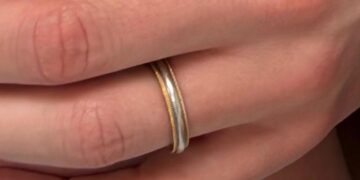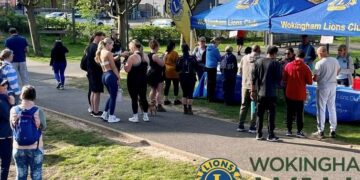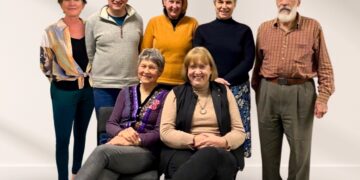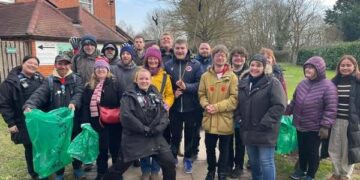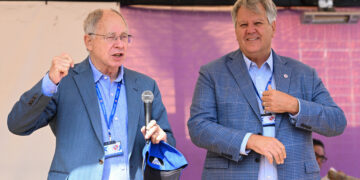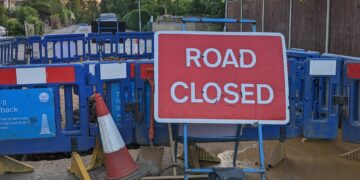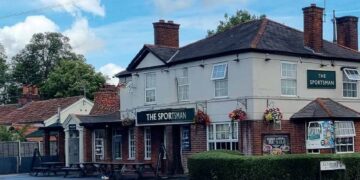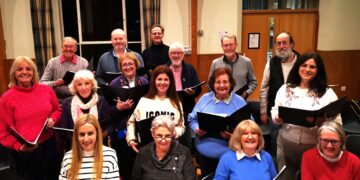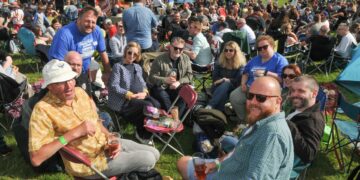NOT calling an independent inquiry into a long-running legal case finally settled in the High Court has been called “pathetic”.
In January, Wokingham Borough Council lost an appeal called after Reading Crown Court ruled that it has been unfair and unjust in its treatment of Hare Hatch Sheeplands owner Rob Scott, along with owners of businesses that sublet space from the garden centre.
On June 13 last year, Judge Angela Morris said that the council’s handling of the complex legal case had “only served to make a bad situation worse, especially where they had been in large part the authors of it”.
The council was also criticised for failing to inform Mr Scott and the others for two years that it would prosecute them.
“I regret to say that the approach adopted by Wokingham Borough Council was unfair and unjust,” Judge Morris said.
The Sheeplands v Wokingham Borough Council case dates back several years and relates to Sheeplands expanding its nursery and farm shop business into becoming a garden centre with associated businesses including an antiques centre, a fishmonger and a double-glazing business. These had been built on protected green belt land and, although Sheeplands had attempted to get appropriate planning permission, Wokingham Borough Council served enforcement notices, forcing the business to downscale.
It also sought to prosecute the businesses for trading there.
In a long battle between the council and Sheeplands, thousands of members of the public signed a petition of support of the Hare Hatch nursery, which led to a fiery council debate.
In January, the High Court agreed with the initial rulings and threw out Wokingham Borough Council’s appeal. There is no grounds for any more legal action being taken against Sheeplands and now Rob Scott is looking to the future.
However, the judgment was not published until late last month and now supports of the nursery are pushing for a review in the council’s conduct.
At a council meeting last month, Wargrave resident Philip Meadowcroft challenged leader Cllr Julian McGhee-Sumner over this and last week Frank Moore wrote to the council to urge them to hold an independent public enquiry into the issues raised by the judgment.
“Nobody seems to be doing anything about it,” he told The Wokingham Paper. “The council, in my view, should be carrying out a review as to why they cost the council tax payer thousands and thousands of pounds fighting this case.
“It’s pathetic.”
He added that the way in which the council had shied away from holding an investigation that he “had very little confidence in the council at the moment”.
“I sat in the High Court and listened to the case. The council were pulled to pieces by the judge [for their handling of it]. Someone is responsible for this.”
Wokingham Borough Council defended its decision. In a statement, printed in full, it said: “In its long-running legal dispute over land at Hare Hatch, Wokingham Borough Council has had the over-riding aim of preserving the Green Belt and it has been successful in doing so.
“Last month’s Court of Appeal ruling did not change that and the borough council remains fully committed to robustly protecting the Green Belt and the High Court Injunction secured by the council ensures continued compliance at this site.
“The latest court hearing was an appeal by Wokingham Borough Council against a decision of Reading Crown Court (made by Her Honour Judge Morris) to stay the prosecution of Mr Scott and other others at Hare Hatch Sheeplands. The Court did not favour the Council’s arguments and evidence and chose to uphold the original decision of Reading Crown Court.
“The Court concluded that although there was not an ‘unequivocal undertaking’ given to Mr Scott, Her Honour Judge Morris’s decision was not unreasonable and the Council should have been mindful when deciding to prosecute, to consider the representations made to Mr Scott and the repercussions of his withdrawing his appeal against the Enforcement Notice. The Council understands the reasons why the Court upheld the decision as being one that a judge in the criminal courts could make by careful and full analysis of the evidence.
“The Council notes that neither the Crown Court nor the Court of Appeal found evidence of bad faith by the Council. The Court of Appeal stated that other judges may have reached a different conclusion and that Mr Scott may consider himself fortunate that the Her Honour Judge Morris made the findings that she did.”

